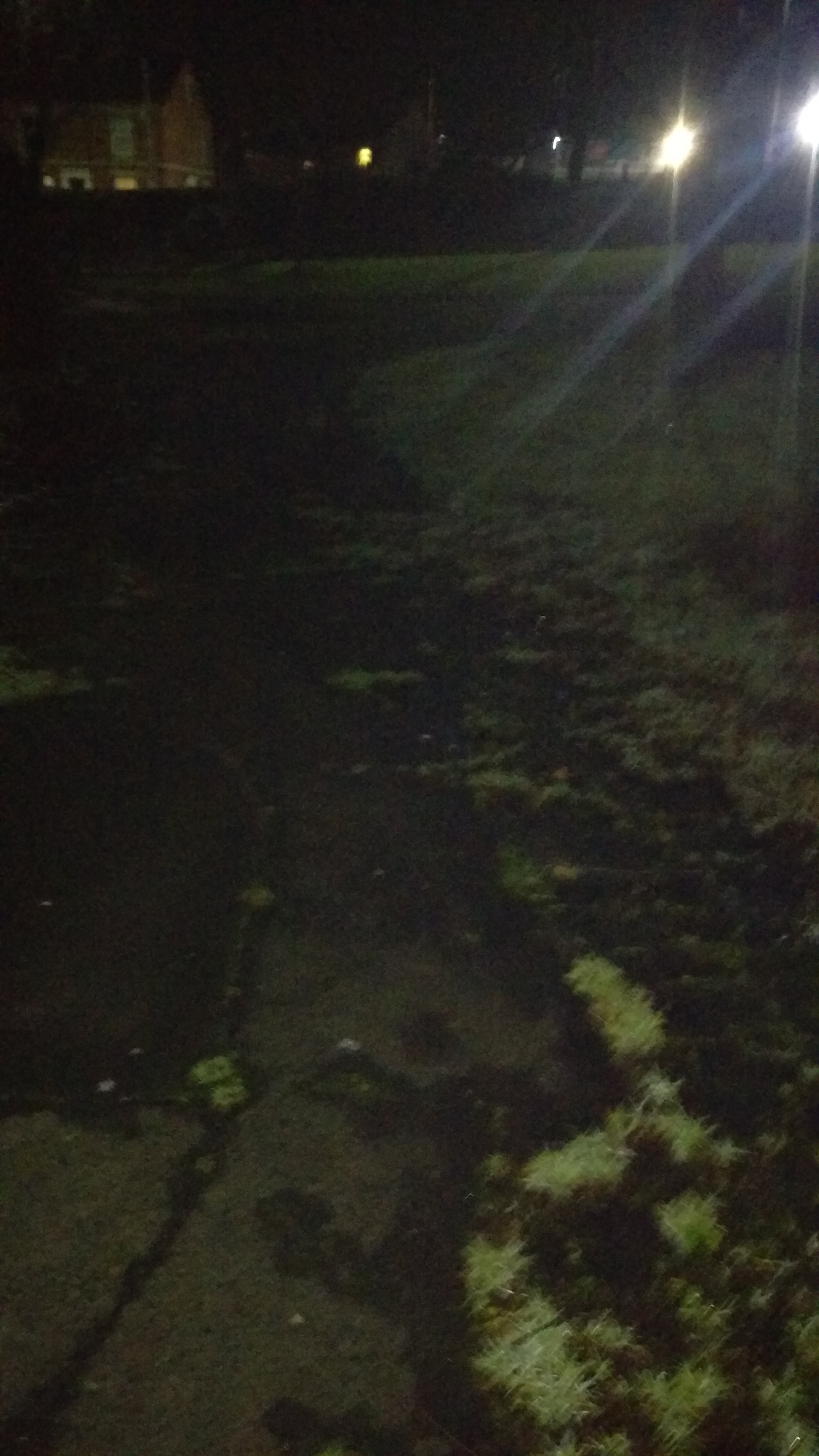A friend of mine, Miroslav, just the other day posted a link to a short scene from a film titled “Gadjo Dilo”. It was a couple of minutes of footage of some Romanian Roma musicians playing and singing in a cafe, a young woman dancing whilst a young man recorded an audio tape of the music. The title means “Crazy Gadjo” or “Nutty Outsider” or some version of saying mad non-Roma person!
The clip was obviously sufficiently appealing to me that I followed a link through to a second clip. This one showed the young man who had been conducting the recording standing next to a fresh grave where an older Roma man wept and danced next to the grave of his friend whilst a young man sang and played the accordion. The older man drank from a bottle of vodka and poured libations on the grave through his tears. The song is called tutti-frutti.
This clearly appealed to me too, the word I’d use is pathos. Or perhaps I just say “duhkal”. Duhkal man o jilo. I say that quite a lot. So I managed to follow links through and find the complete film with English subtitles and I’ve posted the links below.
I’m not at all sure how to speak about this film. I’m not Roma so I don’t know how the representation of Roma feels. I am a Gadjo and I recognise the representation of the Gadjo dream. The Mad Gadjo. The Gadjo in this film is a French person. A young man. “Look at his big teeth!” says one of the Roma children in the film. I’ve got big teeth too and I was once a young man. This particular Gadjo Dilo in the film is looking for a singer, a gypsy singer, a Romanian gypsy singer called Nora Luca.
His father was a traveller the film tells us, his father wandered far and wide spending his time with remote people, recording them playing music and singing. We hear that he died somewhere in the Middle East with the Bedouin. His favourite tape, his favourite voice, his favourite recording was Nora Luca. This voice obviously haunted our young Gadjo Dilo and after his father’s death he set off into rural Romania in search of Nora.
He finds everything except a living Nora. He finds wonderful musicians, fiddle players, a precociously talented young accordionist and singer. He is taken into a Roma village by a man whose son has just been sent to prison. The drunk and mourning father adopts him on the local town square and takes him back home. There he lives, there he learns and there he eventually records music until one day he hears, finally, through tears, Nora Luca singing for him. But the voice comes from the young heroine of the film and she is not Nora Luca.
In a brutal ending to the film the young man buries his search for Nora Luca as his adoptive father had buried and mourned over the open grave of his friend. Tears, a dance and a vodka libation. He learns something of the way of the Roma by learning of their suffering. He can bury his love of Nora Luca as he needs must his father and live with real suffering in the present. And love. Suffering. And love.
So that’s the Gadjo Dilo story of the Roma. Suffering and Love. This Gadjo Dilo and that Gadjo Dilo.
[youtube https://www.youtube.com/watch?v=JIxLVULbkR0&w=560&h=315]
[youtube https://www.youtube.com/watch?v=QZr-1tuS2V0&w=560&h=315]







